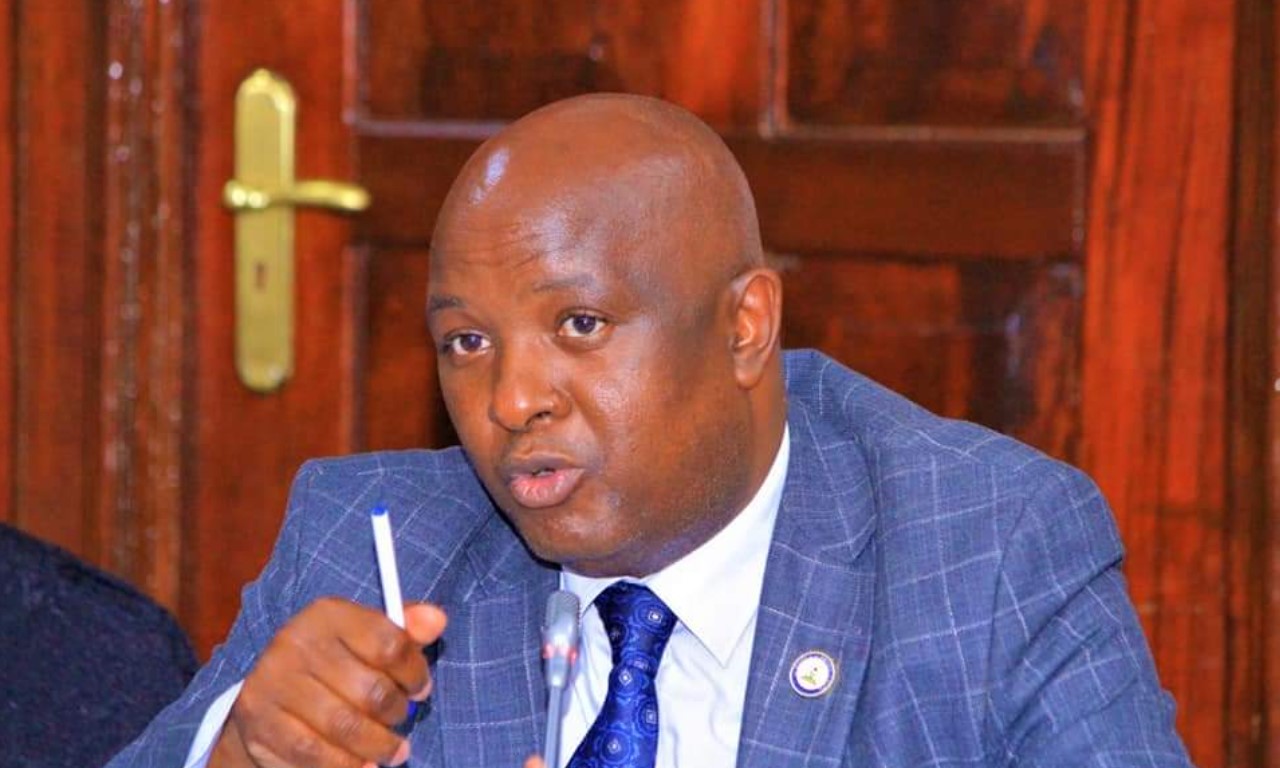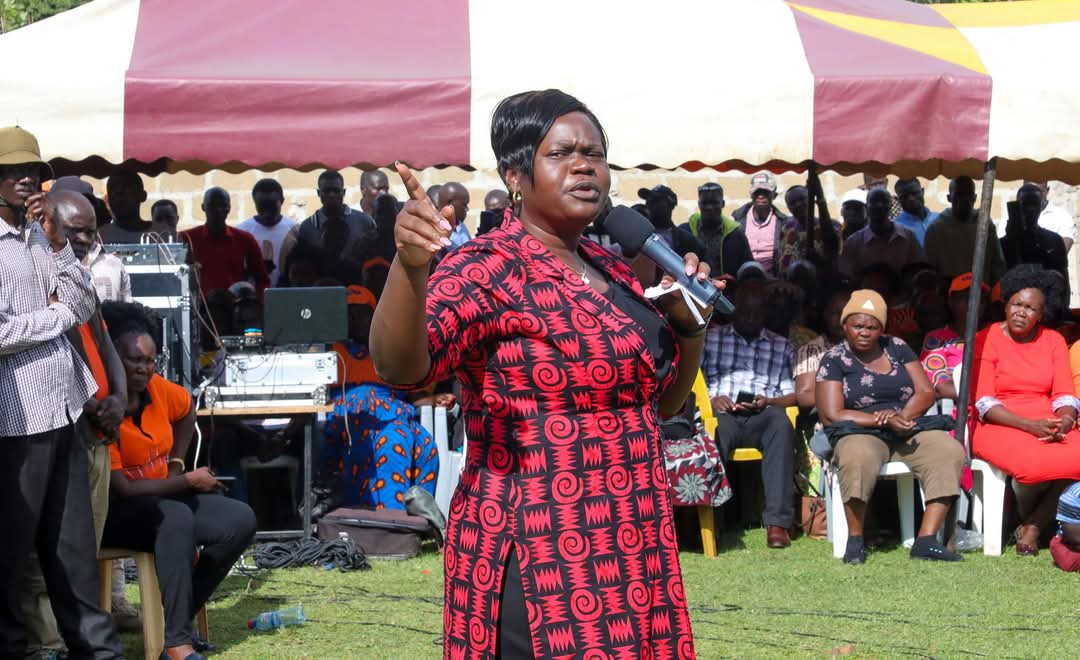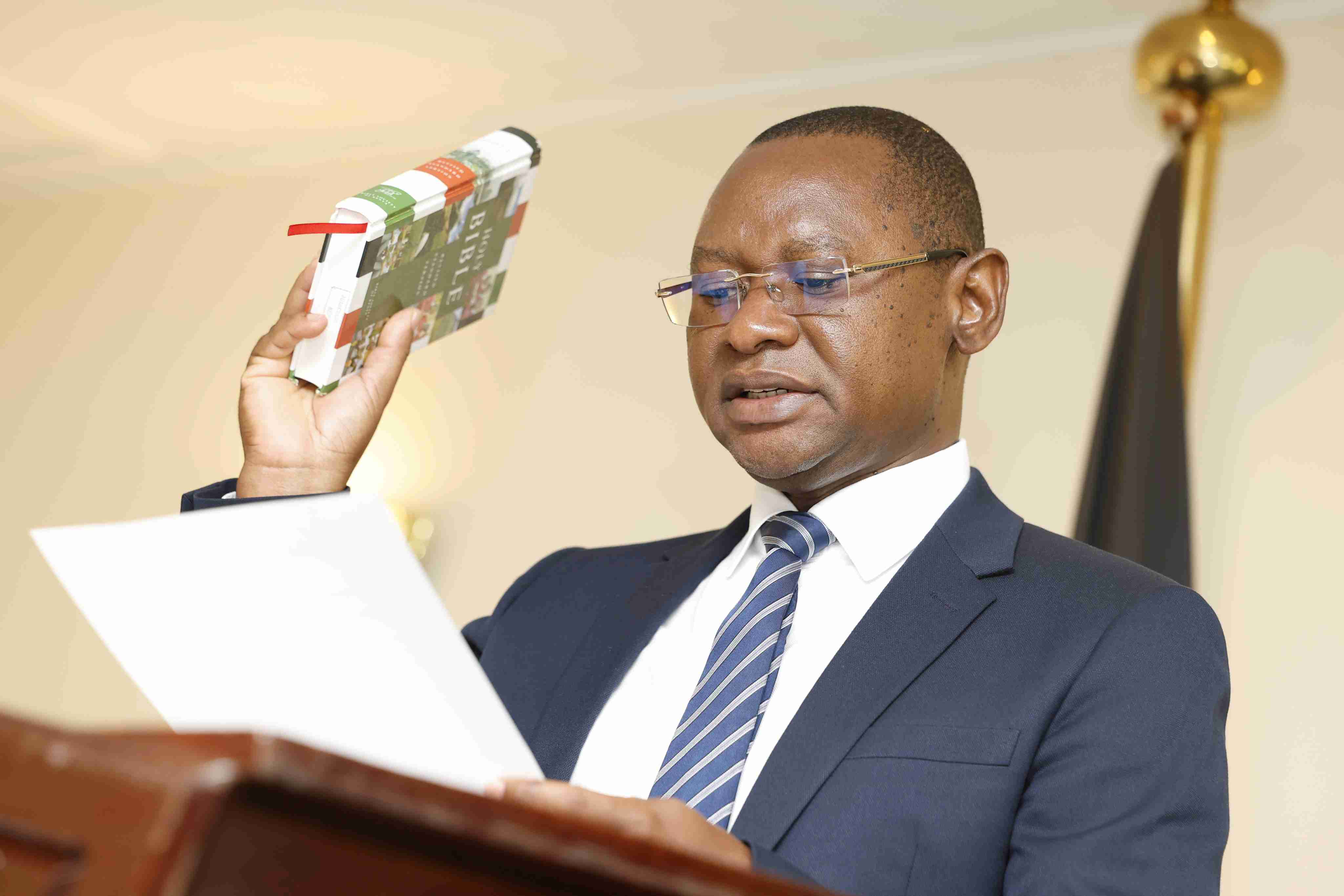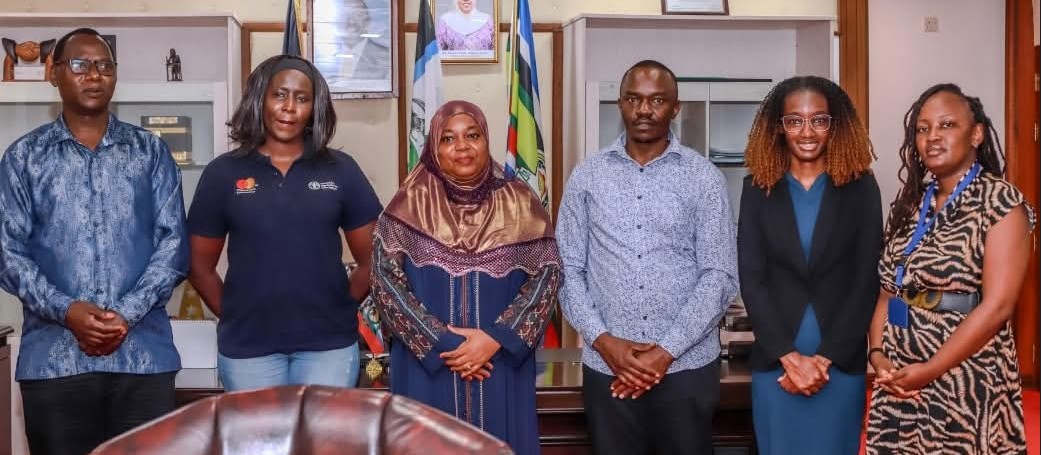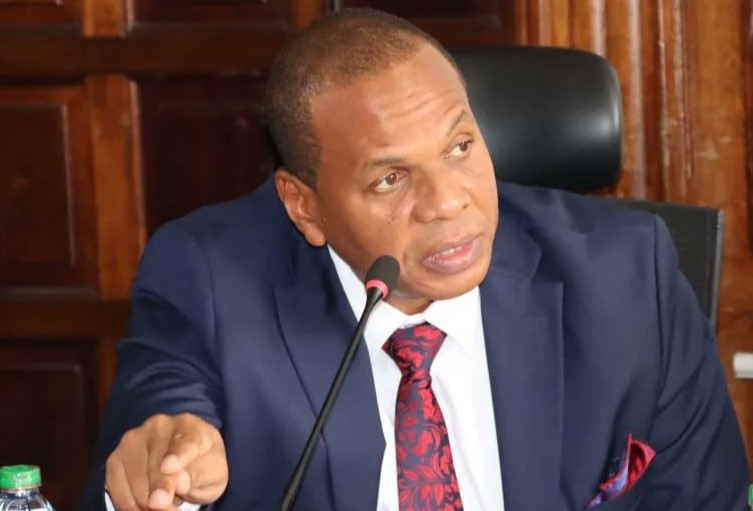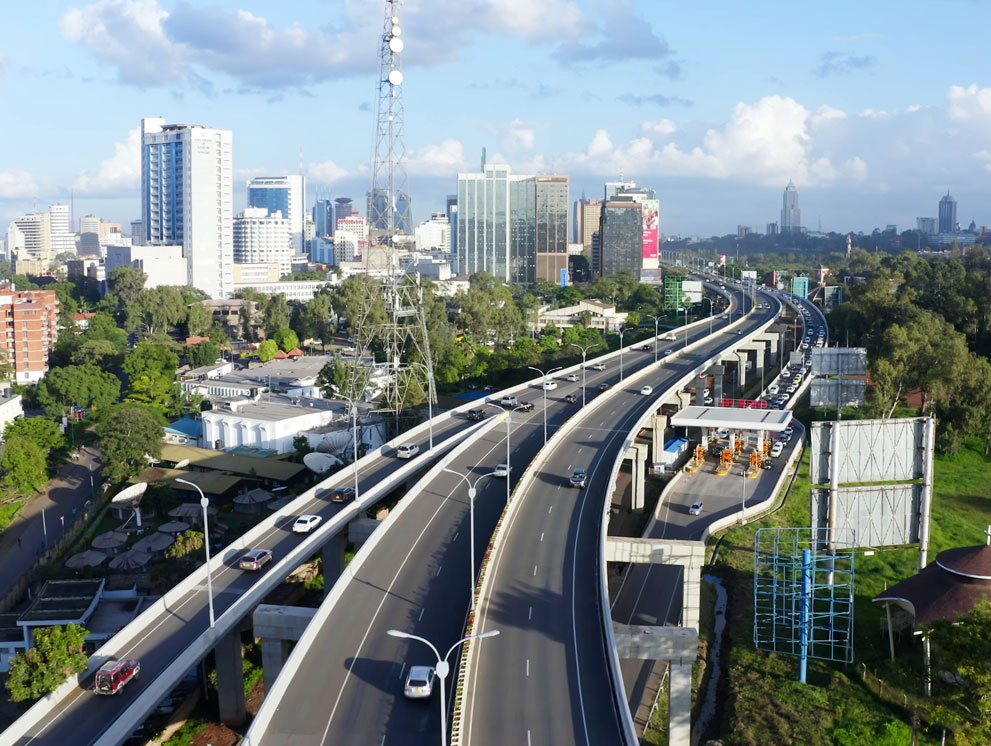DPP alone decides on charges, CJ Koome says in wake of terrorism cases
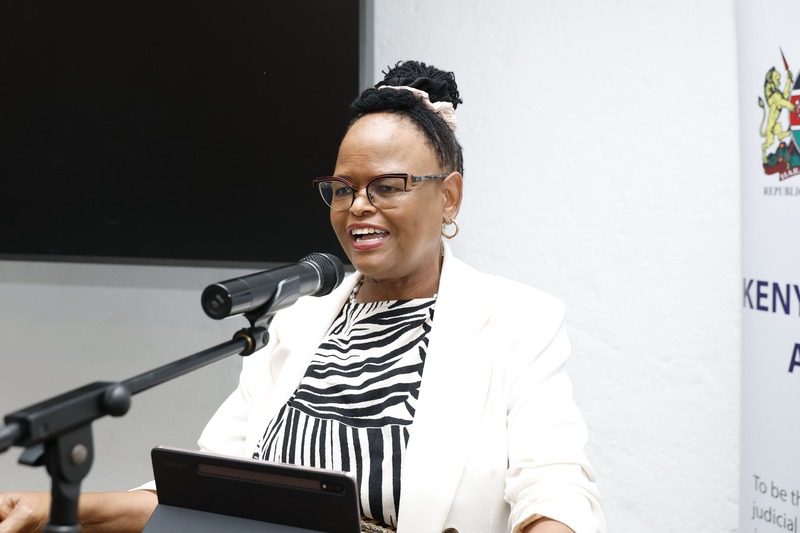
Koome stressed that the Constitution grants the DPP full discretion in prosecutorial decisions, which must remain free from the influence of any authority.
Chief Justice Martha Koome has reaffirmed the constitutional independence of the office of the Directorate of Public Prosecutions (DPP), emphasising that decisions to prosecute, particularly in terrorism cases, must be based solely on law and evidence.
Speaking in Mombasa, Koome clarified that while the police are responsible for conducting investigations, it is the DPP who holds the exclusive constitutional mandate to decide on charges independently and without external interference.
More To Read
- CJ Koome urges contextual enforcement of Marriage Act, stronger family justice system
- Judiciary faces Sh576.6 million pending bills amid budget review
- Over 31,000 SGBV cases filed as courts improve response, Judiciary Report shows
- Top 10 counties account for 68 per cent of Kenya’s legal cases, says report
- How circuit, mobile courts expanded justice to underserved communities - report
- CJ Koome affirms Judiciary’s commitment to transparency, says trust central to transformation
“The law sets out clear thresholds of what constitutes terrorism,” she said.
“It is the responsibility of the police to conduct investigations and for the DPP to independently assess both the law and the evidence to ensure that any charges brought before the court meet these legal standards.”
Koome stressed that the Constitution grants the DPP full discretion in prosecutorial decisions, which must remain free from the influence of any authority.
“This discretion must not be influenced or directed by anyone, including judges, me as Chief Justice, or political actors,” she added.
She also reiterated that public comments by judicial officers or victims do not influence or determine the charges brought before the courts.
The Chief Justice went on to commend the Court of Appeal for what she described as a “remarkable improvement” in efficiency over the past financial year. She noted that the court’s average adjournment rate had fallen to 10.7 per cent, down from 14 per cent in the preceding two years.
Koome further observed that the recruitment of 15 additional judges would help reduce the backlog in the Court of Appeal, where the current caseload stands at 13,677.
Top Stories Today

